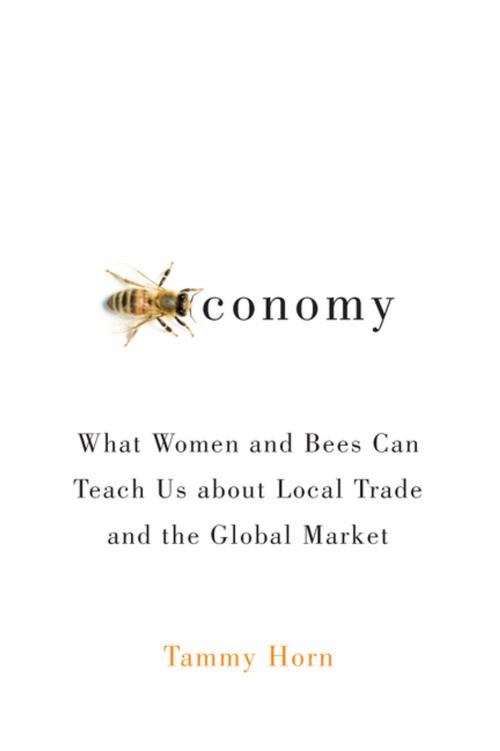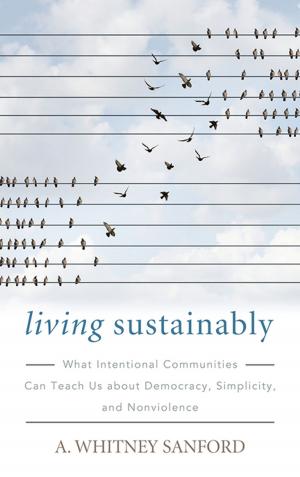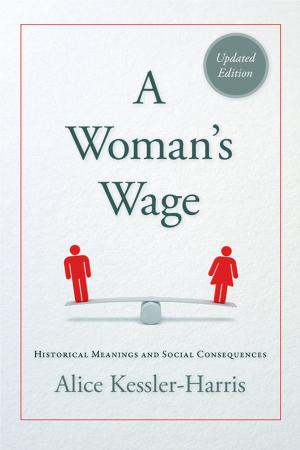Beeconomy
What Women and Bees Can Teach Us about Local Trade and the Global Market
Nonfiction, Science & Nature, Nature, Insects & Spiders, Business & Finance| Author: | Tammy Horn | ISBN: | 9780813139883 |
| Publisher: | The University Press of Kentucky | Publication: | October 24, 2011 |
| Imprint: | The University Press of Kentucky | Language: | English |
| Author: | Tammy Horn |
| ISBN: | 9780813139883 |
| Publisher: | The University Press of Kentucky |
| Publication: | October 24, 2011 |
| Imprint: | The University Press of Kentucky |
| Language: | English |
Queen bee. Worker bees. Busy as a bee. These phrases have shaped perceptions of women for centuries, but how did these stereotypes begin? Who are the women who keep bees and what can we learn from them? Beeconomy examines the fascinating evolution of the relationship between women and bees around the world. From Africa to Australia to Asia, women have participated in the pragmatic aspects of honey hunting and in the more advanced skills associated with beekeeping as hive technology has advanced through the centuries.
Synthesizing the various aspects of hive-related products, such as beewax and cosmetics, as well as the more specialized skills of queen production and knowledge-based economies of research and science, noted bee expert Tammy Horn documents how and why women should consider being beekeepers. The women profiled in the book suggest ways of managing careers, gender discrimination, motherhood, marriage, and single-parenting -- all while enjoying the community created by women who work with honey bees. Horn finds in beekeeping an opportunity for a new sustainable economy, one that takes into consideration environment, children, and family needs.
Beeconomy not only explores globalization, food history, gender studies, and politics; it is a collective call to action.
Queen bee. Worker bees. Busy as a bee. These phrases have shaped perceptions of women for centuries, but how did these stereotypes begin? Who are the women who keep bees and what can we learn from them? Beeconomy examines the fascinating evolution of the relationship between women and bees around the world. From Africa to Australia to Asia, women have participated in the pragmatic aspects of honey hunting and in the more advanced skills associated with beekeeping as hive technology has advanced through the centuries.
Synthesizing the various aspects of hive-related products, such as beewax and cosmetics, as well as the more specialized skills of queen production and knowledge-based economies of research and science, noted bee expert Tammy Horn documents how and why women should consider being beekeepers. The women profiled in the book suggest ways of managing careers, gender discrimination, motherhood, marriage, and single-parenting -- all while enjoying the community created by women who work with honey bees. Horn finds in beekeeping an opportunity for a new sustainable economy, one that takes into consideration environment, children, and family needs.
Beeconomy not only explores globalization, food history, gender studies, and politics; it is a collective call to action.















